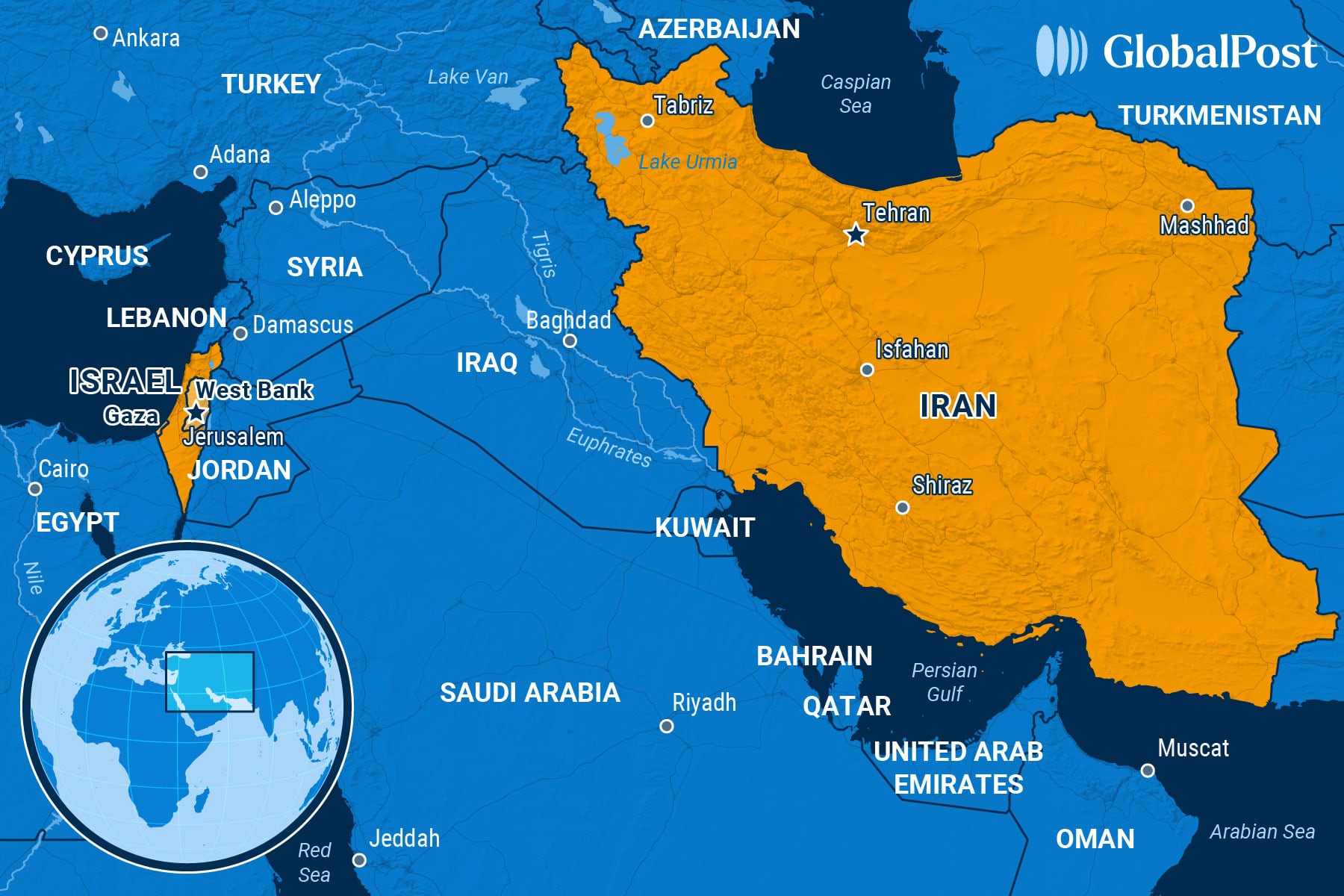As Iran Gets Pummeled, Love of Country Trumps Hatred of Regime

Since the Israeli strikes started 12 days ago, Iranian doctors and nurses have been volunteering to do extra shifts. Young mechanics have been roving highways, helping those who have broken down as they flee Tehran, for free. A baker refused to stop baking even though his brother had just died in an airstrike.
“This is my stronghold,” he said. “And people need bread.”
These days, many Iranians, even those who staunchly oppose the regime, are stepping up to help their compatriots as civilians take the brunt of the Israeli airstrikes. And they are defending their homeland against the increasingly frequent talk of regime change because they say they love their country – in spite of it all.
“I’ve loathed the dictatorship of Ayatollah Ali Khamenei for as long as I can remember…you’d think I would be applauding (Israeli Prime Minister) Benjamin Netanyahu’s attack against the Iranian regime – and yet, I’m not sold,” wrote Iranian historian and author, Arash Azizi, a dissident who lives in exile in the US. “The idea that this conflict will lead to a popular uprising which will bring down the regime is pure fantasy.”
In Iran, hundreds of civilians have died in the bombardments – the government hasn’t given an exact number in almost a week, but an Iranian human rights group, HRANA, estimates that about 950 people in total have been killed and almost 3,500 injured.
When the first strikes hit Iran on June 13, Netanyahu spoke directly to Iranians after the attack, exhorting them “to unite around your flag and your historic legacy by standing up for your freedom from an evil and oppressive regime.”
While the Europeans and Gulf countries would welcome regime change overall, many worry about the vacuum and chaos such a change propelled by external forces could unleash, or if what replaced the current theocrats would be any better. The US had ruled out such an intervention until President Donald Trump brought it up earlier this week.
Still, some Iranians wondered if this might be the beginning of the end of the regime, and welcomed the strikes as an opportunity.
For years, Iranians have struggled with a sinking economy and double-digit inflation, corruption, and fierce and often deadly repression by the government of any dissent.
But that sentiment has changed since June 13, mainly because Iranians are deeply distrustful of outside interference and are “fiercely nationalistic,” analysts say.
“…the war has triggered a nationalist surge and narrowed the gap between ruler and ruled… No one has responded to calls from Netanyahu, or Reza Pahlavi, the royalist pretender, for a popular uprising,” wrote the Economist. “Early admiration for Israel’s military prowess has turned to outrage… Those who once championed Israel are now handing over suspected Israeli agents to the police. Female political prisoners, the mothers of executed protesters, and exiled Iranian pop stars have all issued calls to rally to Iran’s defense. It’s backfired on (Netanyahu).”
Others say that while they hate the regime, they don’t want their country to become another Iraq, Libya or Syria, all of which have experienced civil wars in the past 25 years after revolutions or external interference. Now they worry about the future.
“(At the beginning, there was) a brief moment of excitement that this might be the beginning of a meaningful change, (while) in another (moment), the fear of complete chaos,” Peyman, 40, a computer engineer in Tehran, told the Washington Post. “We are all just very confused.”
Meanwhile, anger is erupting in the country with some of it directed at Israel – protests broke out over the past two weekends in which demonstrators chanted that Israel must be destroyed. Even those who don’t support the government say they understand the anger: “I hate the (Iranian regime), but my country is under attack,” said one Tehran resident in an interview with Fox News. Another Tehran resident mocked the idea that a revolution would ignite considering the circumstances: “When people are under fire, they don’t start a revolution – they take shelter or flee.”
Some residents are directing their anger at the government, complaining that there are no safety protocols or guidance being provided on how to stay safe during the bombardments. And because the Internet has been shut down by the government, they can’t always see Israeli warnings to evacuate.
“Tehran isn’t safe, clearly,” a Tehran resident told the BBC. “We get no alarms or warnings from officials about Israeli attacks. We just hear the blasts and hope our place isn’t hit. But where can we go? Nowhere feels safe.”
Some are returning to Tehran because they need to earn money. Others out of a patriotic defiance. Then there are those like one senior in Tehran in an evacuation zone who said she was staying put.
“We’ve lived under war conditions for 40 years,” the woman, 85, told her family in Australia, according to the Australian Financial Review. “I don’t know why I’m so calm. Whatever happens, happens. It can’t be worse than what we have currently.”

Subscribe today and GlobalPost will be in your inbox the next weekday morning
Join us today and pay only $46 for an annual subscription, or less than $4 a month for our unique insights into crucial developments on the world stage. It’s by far the best investment you can make to expand your knowledge of the world.
And you get a free two-week trial with no obligation to continue.
